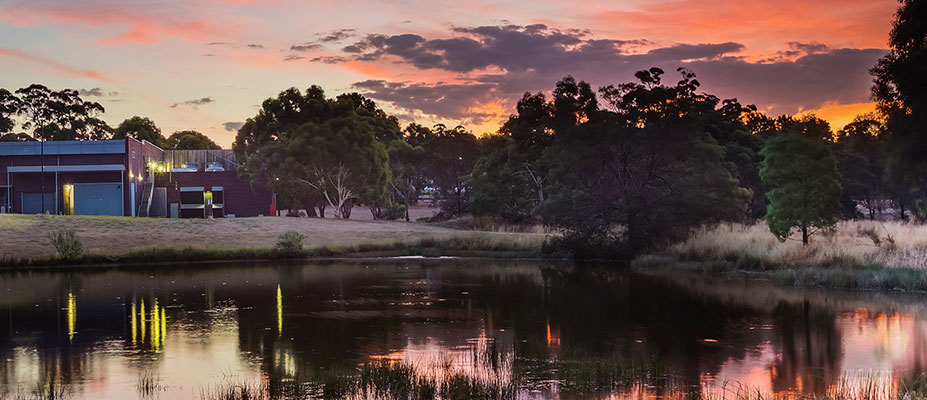

Citizen science: Knowledge, networks and the boundaries of participation
PhD: Patrick Bonney
Supervisors: Dr Angela Murphy, Dr Birgita Hansen and Assoc Prof Claudia Baldwin
Thesis: Citizen science: Knowledge, networks and the boundaries of participation ![]()
Year commenced: 2016
Year completed: 2020
Research overview
The water-related challenges facing humanity are complex and urgent. Although solutions are not always clear, involving the public in the processes of knowledge production and policy development is widely recognised as a critical part of this larger effort. Such public engagement is increasingly achieved through “citizen science” - a practice that involves non-professionals in scientific research and monitoring. Research literature has recognised that, while citizen science is both important and necessary to strengthen environmental policy, its acceptance and successful implementation is a difficult challenge. Overcoming this challenge depends on the ability of volunteers, coordinators, scientists and decision-makers to work together to convert the potential of citizen science into practice. However, little is known about the collaborative relationships or the broader social contexts that shape and define the practice. To address these shortfalls, this thesis advanced a conceptual framework for the relational analysis of citizen science that illustrates social networks and the boundaries between expert and community-based knowledge as critical sites of investigation. Its findings shed light on the contributions of citizen science to key waterway governance objectives, including the social, political and cultural factors that influence its acceptance and uptake in governance contexts.
